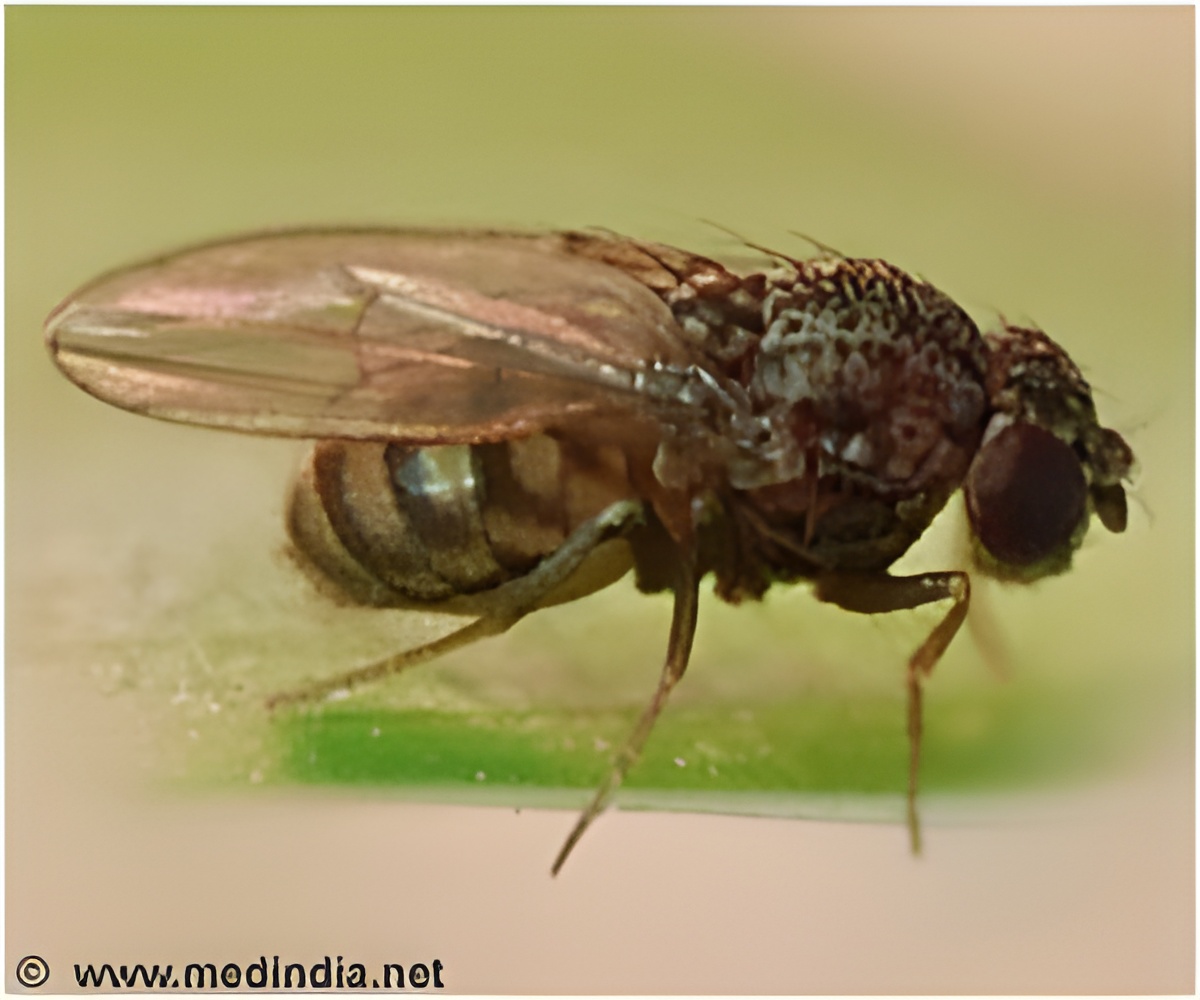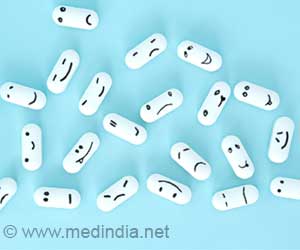Scientists have discovered a bacterial-fighting peptide in fruit flies that promotes sleep after sleep deprivation or infection.

‘NUR peptide serves two primary functions in the fruit flies by promoting sleep and killing the bacterial infection, thereby improving their immunity.’





Hirofumi Toda and colleagues performed a genetic screen of over 12,000 Drosophila and found a single gene that constantly increased the amount of sleep when overexpressed. According to Toda et al., the nemuri (nur) gene, which encodes the sleep-promoting NUR peptide, is involved in the flies' innate homeostatic need for sleep. Overexpression of the gene created sleepier flies; by contrast, flies in which nur was mutated woke easily and had difficulty falling asleep. What's more, in addition to increasing sleep, nur was also shown to increase the ability of the flies to survive bacterial infection. The study revealed that the NUR peptide, secreted by neurons in the brain, serves a dual purpose - to promote sleep and kill bacteria. This suggests that NUR is relevant in driving sickness- or stress-induced sleep. Since sleep during illness promotes survival, the sleep promotion of NUR is likely closely linked to its immune function, according to the authors. While peptides with some similarity have been detected in vertebrates (fish and frogs), they have not yet been detected in mammals. "The idea that increased sleep during infection is somehow protective is very appealing," write Grigorios Oikonomou and David Prober in a related Perspective. "It agrees with the common experience on the recuperative properties of a good night's sleep..."
Source-Eurekalert















